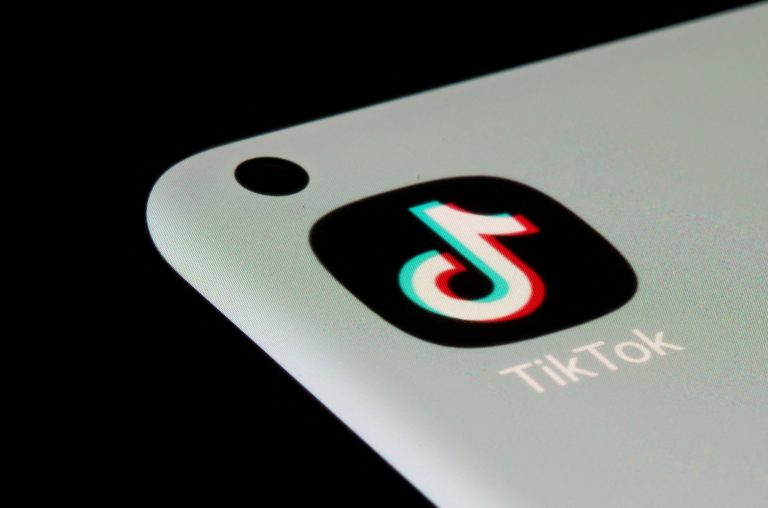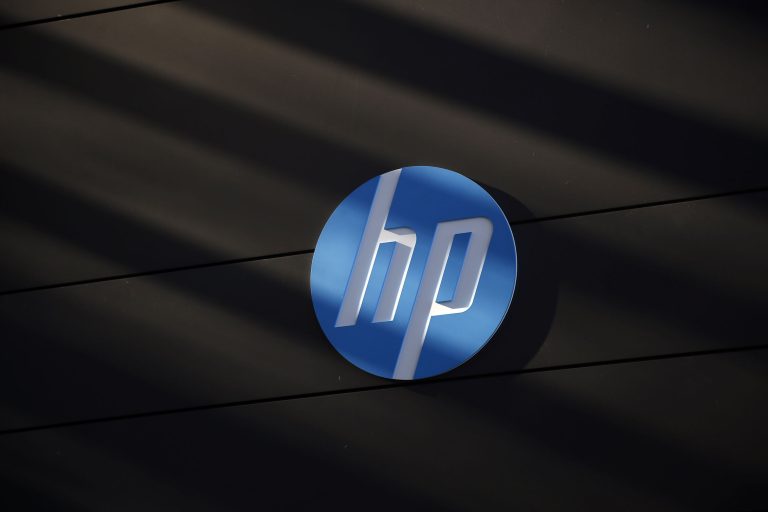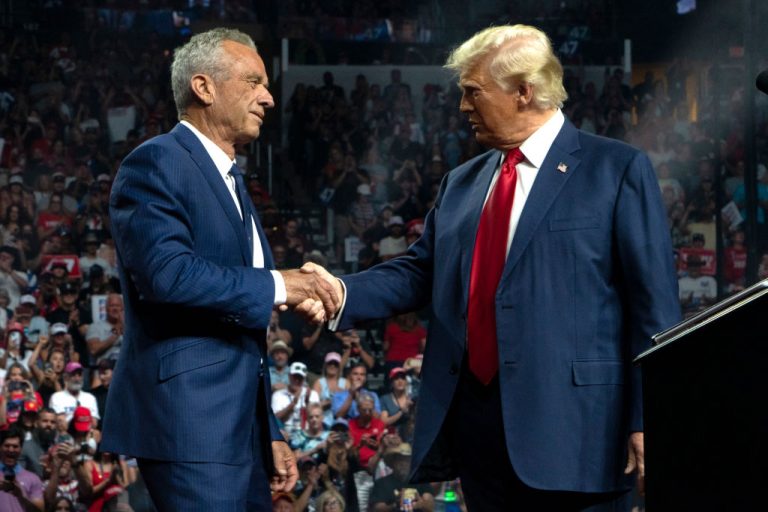The White House on Monday, Feb. 27 gave government agencies 30 days to delte TikTok from phones and systems and prohibit internet traffic between agencies and the social media app company.
In a guidance memo seen by Reuters, Office of Management and Budget Director Shalanda Young instructed agencies to remove TikTok from phones and systems and forbid internet traffic from going to the company to protect U.S. data.
The Biden administration got 60 days to issue agency directives after Congress voted in December to prohibit federal employees from using the Chinese-owned video app on devices that belong to the government.
By the White House memo, agencies have 90 days to address any TikTok usage by I.T. vendors through contracts and 120 days to include a new TikTok ban in all future solicitations.
Concerns over Chinese espionage
The action has drawn attention to the social media app owned by ByteDance, the most valuable start-up in the world, and sparked questions about its ties to the Chinese government and control over user data globally.
Success
You are now signed up for our newsletter
Success
Check your email to complete sign up
The move has raised questions about the ByteDance-owned social media app’s connections to the Chinese government and its global control over user data. ByteDance is the most valuable start-up in the world.
READ MORE:
- TikTok ‘Blackout Challenge’ Claims the Life of 12-year-old Argentinian Girl
- ‘Urgent Public Health Priority’: TikTok a Potential ‘Spread Vector’ for Mental Illness, Symptoms and
- Pelosi Backs Adding TikTok Government Device Ban to Funding Bill
- Pelosi Undecided if US House Will Take Up TikTok Government Device Ban Bill
- US Lawmakers Unveil Bipartisan Bid to Ban China’s TikTok
The device ban — while only affecting a limited part of TikTok’s U.S. user base — gives rise to voices for a complete ban on the video-sharing app for all U.S. citizens. National security worries about China bad nosy intentions got a boost when in recent weeks, an alleged Chinese spy balloon drifted over the U.S.
“My bill empowers the administration to ban TikTok or any software applications that threaten U.S. national security,” Representative Mike McCaul, the committee chair, said.
“Anyone with TikTok downloaded on their device has given the [Chinese Communist Party] a backdoor to all their personal information. It’s a spy balloon into your their phone.”
Federal Chief Information Security Officer Chris DeRusha said, “this guidance is part of the Administration’s ongoing commitment to securing our digital infrastructure and protecting the American people’s security and privacy.”
First Amendment concerns
However, some parties expressed concerns about all too zealous decision-making arguing such a national ban would also infringe on civil rights like freedom of information sharing, political discussion, artistic expression, and the free exchange of ideas.
American Civil Liberties Union (ACLU) expressed their concerns In a letter sent to the Reps’ offices. Michael McCaul (R-Texas.) and Gregory Meeks (D-N.Y.) that the legislation would violate “the First Amendment rights of millions of Americans who use the app to communicate and express themselves daily,” the nonprofit wrote.
“Should the bill move to a vote, we urge you to vote ‘no,'” the organization wrote. “In a purported attempt to protect the data of U.S. persons from Chinese government acquisition, this legislation will instead limit Americans’ political discussion, artistic expression, free exchange of ideas — and even prevent people from posting cute animal videos and memes.”
“While the ACLU’s opposition today rests on free speech harms, we note that with more time to review this legislation, we anticipate finding other sweeping implications,” the letter continued.
The Berman Amendment, which restricts the president’s power to regulate informative materials like magazines, movies, posters, photos, and news feeds, would be exempt from the “Deterring America’s Technological Adversaries Act,” or HR 1153, according to the ACLU.
“Americans have a right to use TikTok and other platforms to exchange our thoughts, ideas, and opinions with people around the country and the world,” the organization completed its discourse. “The ACLU strongly urges you to oppose the bill and support our constitutional right to express ourselves — both online and off.”
Reuters contributed to this report.







